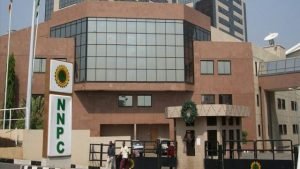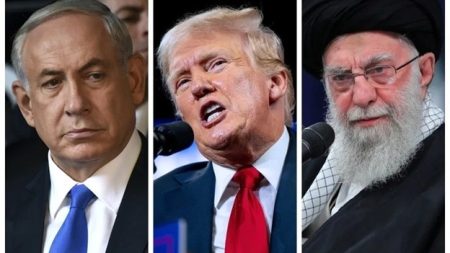…Govt pays N1.2trn for petrol subsidy in 11 months

OpeOluwani Akintayo
Lagos — The Nigerian National Petroleum Company Limited, NNPC’s, remittances to the Federal Accounts Allocation Committee, FAAC, have continued a downward trend.
Its funding performance report for 2021 captured remittance of N522.203 billion from January to November, as against the required N2.3 trillion.
This showed that remittances for the 11-month period dropped by N1.78 trillion.
Funds in the FAAC accounts are usually shared among the three tiers of government in the country on monthly basis.
The monthly remittances showed that in January, February, March and April, the NNPC remitted N90.86bn, N64.161bn, N41.184bn and nothing respectively to FAAC.
The national oil firm remitted N38.608bn, N47.162bn, N67.28bn, N80.03bn, N67.533bn, N14.85bn and N10.536bn to FAAC in May, June, July, August, September, October and November respectively.
The drop in remittances to FAAC has persisted as the corporation continues to fund subsidies on Premium Motor Spirit, PMS, popularly known as petrol.
According to the report, funding of petrol subsidy rose to N1.16tn within the 11 months.
The oil firm said it had maintained petrol subsidy since the beginning of this year.
In the report, the NNPC referred to its subsidy spending as under-recovery, as it had repeatedly stated that it had no authorisation by the National Assembly to pay subsidy.
The latest funding performance data showed that while nothing was recorded as under-recovery of PMS/value shortfall in January, the oil company spent N25.374bn, N60.396bn and N61.966bn in February, March and April respectively.
In May, June and July, NNPC recorded under-recoveries/value shortfalls of N126.298bn, N164.337bn and N103.286bn respectively.
It said the under-recovery/value shortfall stood at N173.132bn, N149.283bn, N163.709bn and N131.4bn in August, September, October and November respectively.
The debate around subsidy has been a controversial one. While some oil marketers have continued to call for its removal, labour unions have argued for its sustenance for the sake of the poor and struggling masses.
Governor Nasir el-Rufai recently decried the high cost of fuel subsidy, which according to him, was not reasonable. He said continued subsidy would make the states unable to pay salaries of civil servants..
He said the Nigerian Governors’ Forum had met and agreed to back the Federal Government’s transport palliative scheme as well as halt the petrol subsidy regime.
El-Rufai had said: “This is why the Nigerian Governors’ Forum met and agreed to support the Federal Government’s social compact. Withdraw this subsidy by February.
“Use the N250bn per month that would have been lost between February and May to do this conditional cash transfer that would put money in the pockets of Nigerians and alleviate not only the cost of transportation but the 2-3 per cent job inflation that is expected when the subsidy is eliminated. We cannot sustain it. We cannot continue with it.
“I don’t want to predict what will happen when 35 out of 36 states cannot pay salaries of civil servants, or even have any money to run the government. We will not have enough money to pay salaries. Already, some states are building up arrears, even oil-producing states are struggling to pay salaries.”
The National Public Relations Officer, Independent Petroleum Marketers Association of Nigeria, Chief Ukadike Chinedu, had said although subsidy withdrawal was laudable, it might increase hardship when implemented.
He said: “The Federal Government is talking about removing subsidy but not talking about the adverse effects of the removal of subsidy. It will affect other commodities, the standard of living among the majority of citizens will be worse.
“And this is because if PMS rises to N365/litre, local transportation will be going for over N1,000 or thereabout and the standard of living and the cost of goods in the market will skyrocket. This will cause heavy inflation. So the NNPC has to look at the adverse effects of this move to remove subsidy.”
Follow us on twitter



